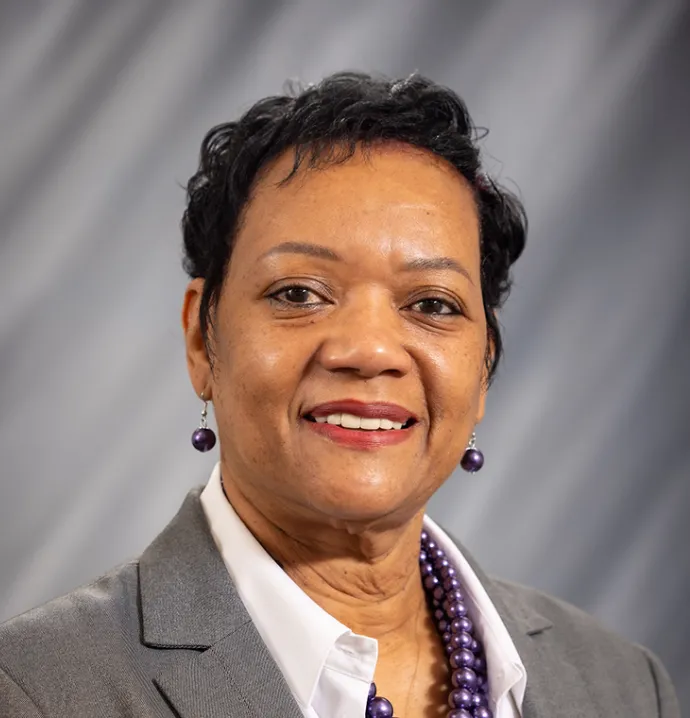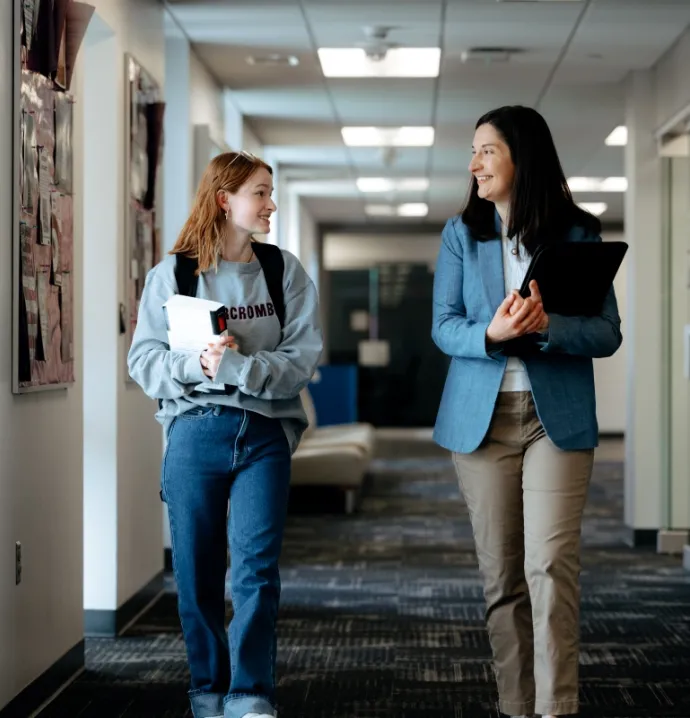A quest for social justice
A quest for social justice
Systemic racism can take many forms, including in housing, medical care and the criminal justice system, but it can also occur in everyday technology - even automatic soap dispensers.
The nuances of technology and systemic racism is just one of the many topics in the University of Northern Iowa’s Cultivating Justice: A Quest Toward Racial Equity, a six-week virtual program beginning Jan. 25 that prompts individuals and small groups to reflect on a collection of local materials curated to promote racial justice and activate systemic change in our communities. Registration is available online.
Each week features new content from UNI students and faculty, as well as local businesses and organizations, and national experts. The issues of technology and race are part of a 25-minute presentation by Ruha Benjamin, a Princeton University professor of African American Studies, who discusses and provides examples of how the design and implementation of technology has intended and unintended consequences that support systematic racism.
The project is intended to expose its participants to new issues and ideas, as well as new local resources.
“We’re hoping that this project will really challenge how people think and prompt some self-reflection about social and racial issues that people might not be aware of,” said Danielle McGeough, a UNI professor of Communication and Media who is spearheading the project. “The materials in this program will help guide participants to cultivate habits of consciously and consistently practicing anti-racism and start to take action towards change.”
For six weeks, the project, which is sponsored by the UNI Office of the Provost, will release a newsletter that could include essays, videos, performances, artwork, music, podcasts, toolkits, events, and more, along with questions for individuals or groups to contemplate and answer afterwards. McGeough said that it will take about two hours each week to consume and reflect on the material.
The Benjamin presentation was contributed by Marcy Seavey, UNI STEM coordinator, which she learned about during her participation in the 2020 National Center for Women and Information Technology's Conversations for Change webinar series. A group of UNI students helped create a graphic that illustrates the issue with automatic soap dispensers.
“This is a real issue that very concretely demonstrates bias in technology,” Seavey said. “My hope is that the conversation goes deeper into how does the technology that we institutionalize as a campus, city or community close down opportunities or open them.”
Joy Briscoe, a talent acquisition and outreach specialist for Waterloo Schools and Career Center, helped create graphics showing the disparity of Paycheck Protection Program loans between white and minority businesses. The graphics will be used by the Black Business and Entrepreneurship Accelerator to help provide stakeholders with a snapshot of why their work is necessary and the impact receiving support can make for equity and business in the Cedar Valley.
“When a community works together and shares resources, the work that results serves as a force multiplier towards reaching our diversity, equity and inclusion goals,” Briscoe said. “This project is a great example of how higher education connects with the communities it supports to provide experiences for students, while also giving lift and light to the needs of non-profit organizations, missions and goals.”
The program will also include a spoken-word performance by Yaw Kyeremateng, a UNI alumnus and 2013 Homecoming King, which explores reactions to his West African accent, code-switching, and the dissonance of existing in the space between his Ghanian ancestral roots and his Americanized speech.
Other weeks will feature artwork from UNI first year Studio Art major Tevka Lackmann, which honors the lives of police brutality victims Elijah McClain, Breonna Taylor and George Floyd and continue the conversations of social justice that were sparked during the protests of their deaths.
The program will also include a video from the 2020 Cedar Valley Fashion, Art, and Culture Expo that celebrates black creatives and innovators and showcases Black arts through music, clothing lines, dance and more.
“This project is going to bring together a whole bunch of people who all believe this work is important, and some of them are excited and some are fearful,” Seavey said. “Some are looking for help and others are trying to figure out how to help.
“For some, this is their everyday work and for others it will be new. Some need to be heard and some need to listen. I think the project will open up new partnerships and collaborations, but also it will be inspiring to see how many people step-up and participate.”
Registration for the six-week program is available online.




